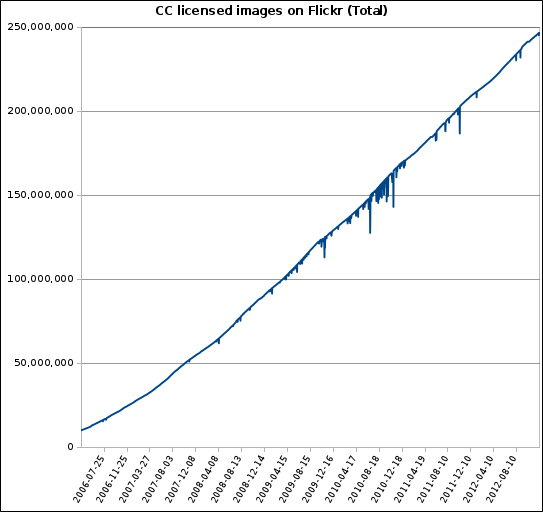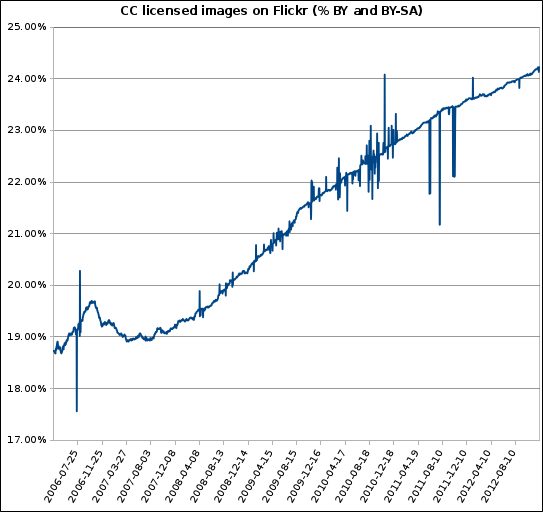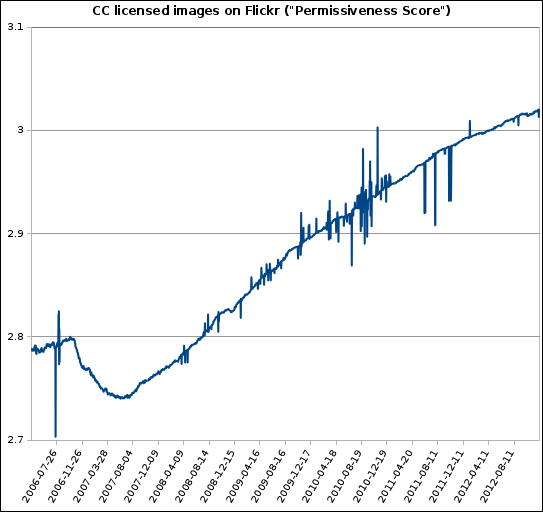What passes for copyright education aimed at the general public (caveat: aiming to educate about copyright out of context of broader info- and social-policy is misguided, but I’ll leave that be for now, and the campaign described fortunately doesn’t mention copyright) might be categorized along the following:
- Legalistic (explaining what can or can’t be done within current law) and/or normative
- Blunt (e.g., downloading is a crime, copying isn’t theft) and/or turgid (e.g., how to comply with the DMCA, what maybe fair use, how public copyright licenses work)
- Tilted in favor of more or less restriction
It’s easy to think of examples of examples of all of the resulting combinations, except for one: legalistic, blunt, and favoring less restriction. The nearest I can recall were the EFF “MP3 is not a crime” and “coding is not a crime” stickers, but it is hard to know what to take from those without knowing background stories (and I can’t recall what the MP3 one referred to), and “not a crime” is not very positive. Thus I find the Modern Poland Foundation’s Right to Culture campaign interesting (emphasis added):
The Modern Poland Foundation has launched a social campaign ‘The Right to Culture’. Its main goal is to enhance public awareness of freedoms under the copyright law.
The message is carried by three simple statements which are consistent with the copyright law, but often wrongly seen as a violation:
I have the right to copy books.
I have the right to download films.
I have the right to share music.The three sentences – in speech bubbles – have been placed on the Warsaw subway cars’ windows. They also point to the project website prawokultury.pl, where one can find detailed information explaining legal provisions of the Copyright Law in Poland.
Art. 23 of the Copyright Law states that one is “permitted to use free of charge the work, which has been already disseminated for purposes of private use without the permission of the author.†This includes “the use of single copies of the work by a group of persons staying in a personal interrelation with each other, including in particular blood relation, kinship or a social relationship.†This means that restrictions concerning everyday activities such as copying books or e-books, downloading films or sharing music or files are not unconditional. Therefore, it is legal to make a copy of a book, download a film from the Internet or send a music album to a friend.
Go to the announcement for links and more.
Perhaps similarly legalistic, blunt, and favoring less restriction campaigns should be considered for your jurisdiction.









































































































































































































































































































































































































































































































































































































































































































































































































































































































































































































































































































































































































